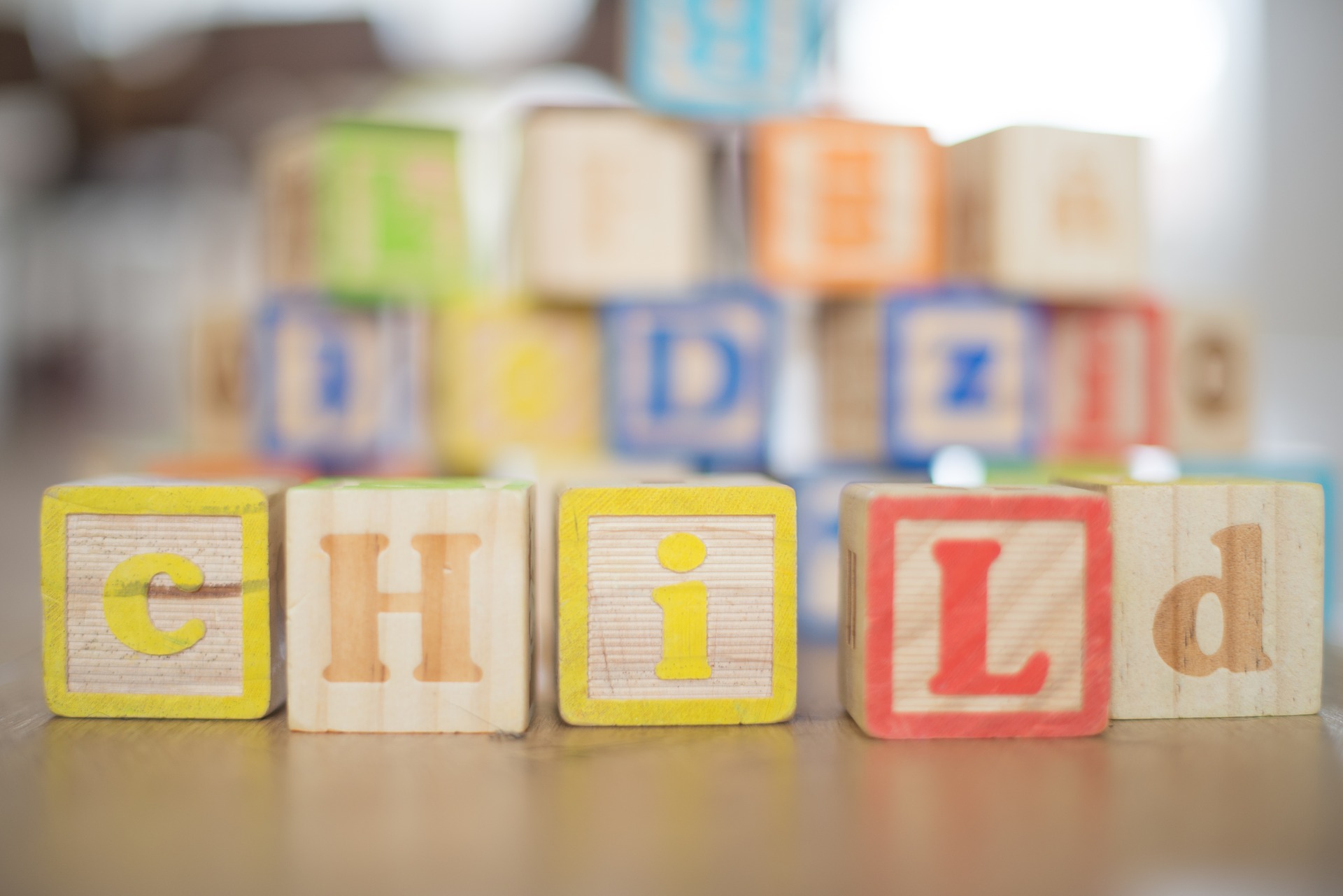
Montessori vs. Traditional Daycare and Preschool
Montessori Education may be something to keep in mind as you think about different childcare options for your little one. There are several special things about the Montessori approach that set it apart from traditional daycare and preschool. Here’s what you should know in order to make the smart choice for your child.
What is a Montessori Education?
The Montessori Method was established by Maria Montessori. This approach treats the child as a naturally curious and adaptive individual who is able to initiate their own learning process. The Montessori Method is essentially an educational approach based on a model of human development. Maria Montessori believed that children are capable of self-discipline. She observed that teachers should remove as many obstacles as possible from a child’s natural growth and create a supportive environment that allows each child to flourish.
One of the cornerstones of early education in Montessori schools is time and space for practical play. Experts note that the early years in a child’s life provide the foundation for their later development. Children are beginning to explore the world around them and think for themselves. It is essential to guide them as they begin to adapt physically, socially, and emotionally to different environments.
What are Montessori Schools?
Montessori Schools follow the guidelines and educational practices of the Montessori method. They are diverse and nurturing communities where the whole child is valued and respected. Children are empowered to become responsible and thoughtful members of their global community.
The class environment balances individual attention with group dynamics. Lessons are carefully planned to support the child’s growth. You will find child-led learning at a Montessori institution. Teachers act as a guide while the students engage in hands-on projects. Students are encouraged to go at their own pace and follow the path that interests them.
What Makes Montessori Daycare Different from Traditional Daycare and Preschool?
The primary advantage of a Montessori preschool is the freedom of giving children agency over their learning. You can expect a focus on creativity, flexibility, and freedom.
Traditional daycare environments are focused on childcare rather than learning. Montessori preschools encourage students to begin learning even in infancy. Montessori principles of self-directed work and circle time are introduced in these early childhood programs.
Traditional daycares introduce children to a new teacher every year. In a Montessori school, children often stay with the same teacher for multiple years. This builds consistency and stability and enables the teacher to build individualized learning plans over the long term.
Montessori Daycare takes a play-based approach to early childhood learning. Children have the freedom to get creative, which is so important in the early years when their brains are developing at such a fast pace.
Children have a right to play, and it is their primary way of learning and interacting with the world when they are young. They learn science, art, and math skills from simple activities like sand and water play or building with blocks. Play is also important for social development. Through roleplay, they learn how to share, collaborate, and develop a stronger sense of self. The Montessori program values the role of play in child development and combines group playtime with the freedom for each child to explore on their own.
Teachers in traditional daycare classrooms organize the activities for all of the children every day. Montessori teachers allow children to pursue their own interests at their own pace. This fosters a sense of independence. The environment is a child-led, not teacher-led, one. The teacher is there to guide, not narrowly define, the classroom activities.
Montessori teachers also take a holistic approach to education. Traditional daycare staff might be focused on keeping their children entertained and introducing basic educational ideas, but Montessori teachers are passionate about developing well-rounded students. The educator’s role is to help children learn how to interact and play with others and develop a stronger sense of personal identity.
Children in Montessori classrooms develop social skills by working in mixed-age groups. Older students have the opportunity to mentor and lead younger students.
Finally, in a Montessori preschool, children are free to move about the classroom and explore activities on their own. Traditional daycares focus primarily on discipline and rote memorization of facts. Montessori classrooms encourage students to love learning when they are free to engage with educational concepts by themselves.
What Should You Look for in a Montessori Daycare?
If you’re seriously considering Montessori Daycare, take a tour of one near you. Look for what the relationships are like between the teachers, students, and parents. That can tell you a lot about what the school is like. You should also ask about the qualifications of the center’s leaders and whether they offer their staff professional development.
Ask about student activities. What is the quality of the school lunches and the outdoor play areas? Are arts programs provided? What is the balance between group time and individual play? Is there time for free play both indoors and outdoors?
You should also assess how your child feels in the environment. Do they seem comfortable with the other children and with the educators? Successful education happens when the child’s natural abilities are nurtured, and they feel happy to be themselves.
American Montessori campus serves parents with small children in Carrollton, The Colony, Addison, Frisco, Richardson, and North Dallas. We follow the standard Montessori curriculum and use the highest quality materials.
Learn more:
Montessori Myths: Everything You Need To Know
How Multicultural Studies Enhance Your Child’s Development